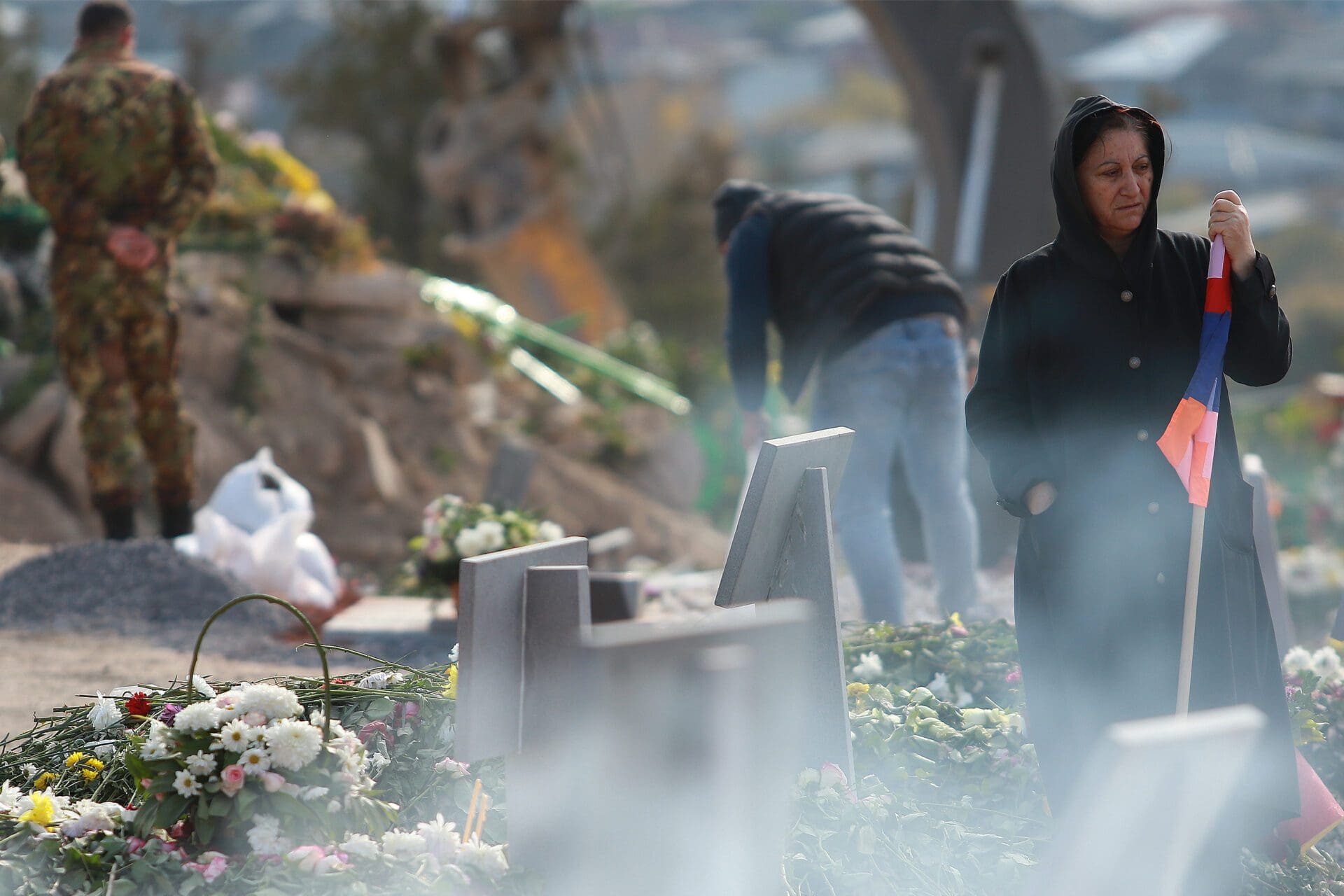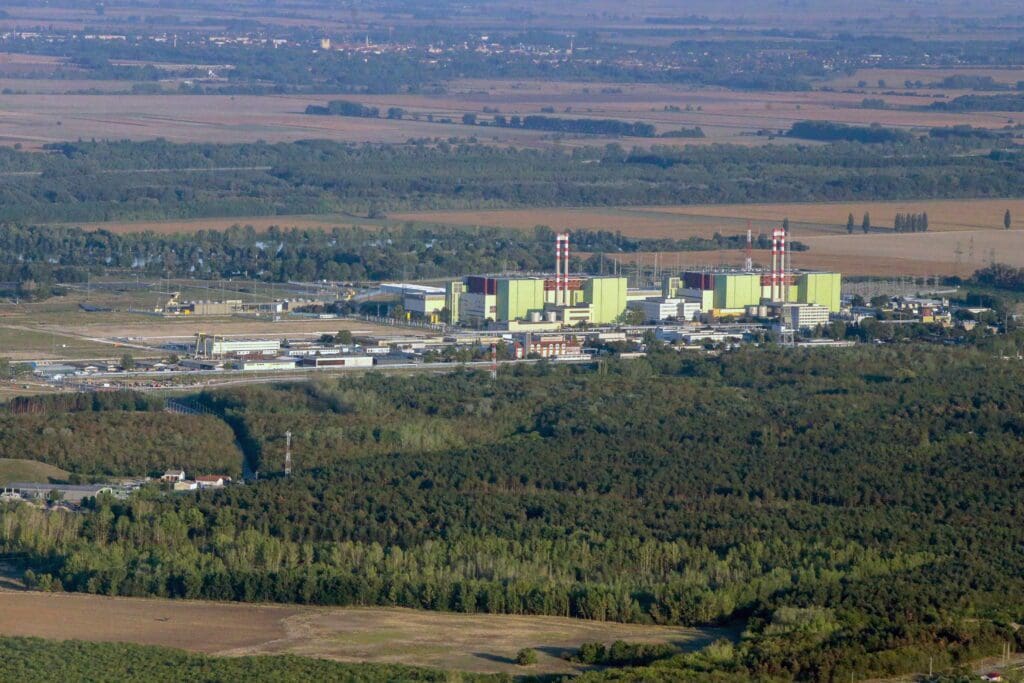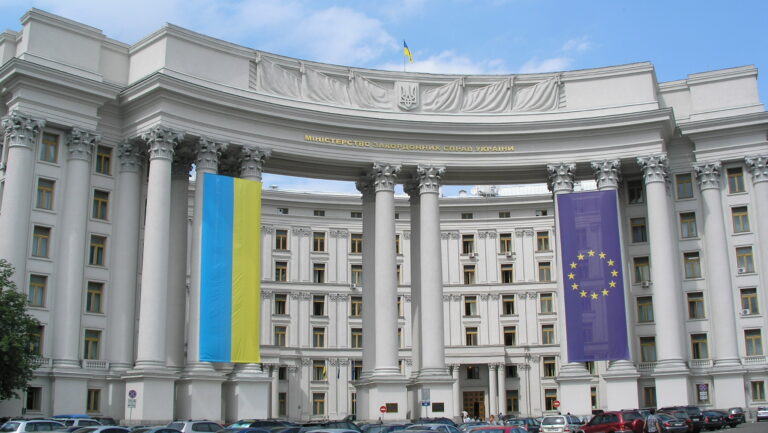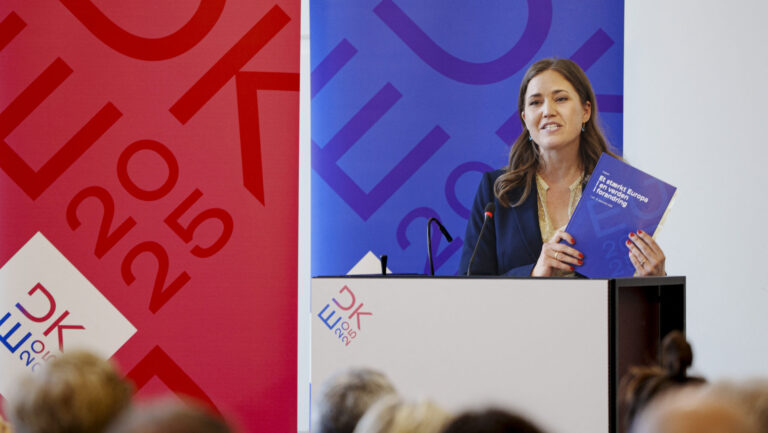The Nagorno-Karabakh region is internationally recognised to be part of Azerbaijan, but de facto Armenia has controlled the region since 1991 until most recently. Nagorno-Karabakh has a majority Armenian population that declared independence in 1992 but failed to gain international recognition. The war that led to Armenia’s victory, gaining control over the region was closed by a ceasefire that was brokered by Russia in the mid-1990s. While there were many minor conflicts between the two countries over the past 30 years, the 1990s’ ceasefire was in place until 2020, when the war re-started. Armenia lost the war, which meant that it was no longer able to maintain control over the region. The war was closed by yet another ceasefire brokered by Moscow, and Russian peace keeping forces have been present in the region ever since. However, Russian forces were unable to prevent the continuation of violent clashes in the region, and a series of clashes erupted between the Armenian and Azerbaijani troops in September 2022, which claimed the lives of a total of 2,000 soldiers and civilians. After a couple of weeks of fighting, Moscow once again managed to successfully mediate between the two countries. The peace deal was announced on 10 November last year, after Azerbaijan made considerable territorial advances in Nagorno-Karabakh. Yerevan expressed strong criticism of Moscow, blaming its territorial loss on Russia which Armenia perceives as its security guarantor. Armenia is disappointed that it did not receive sufficient support from Russia, but Moscow is distracted by the war in Ukraine and also wishes to pursue a policy of balanced relations between Armenia and Azerbaijan.
As a newest twist to the long-lasting conflict,
on 16 November the French Senate called for the recognition of Nagorno-Karabakh as well as for the sanctioning of Azerbaijan.
The Senate also condemned Azerbaijan’s September aggression against Armenia. France called for the withdrawal of Azerbaijani troops from the region as well as from the Lachin corridor that connects Armenia with Nagorno-Karabakh. While the resolution was adopted almost unanimously, the French state is not obliged to act according to the resolution. While France’s support for Armenia has undoubtedly increased since the clashes in September, the Senate’s resolution is not without a precedent. Two years ago, in 2020 the Senate passed a similar resolution calling for the recognition of the Republic of Nagorno-Karabakh to ‘establish lasting peace’ in the region. At the time, the French foreign minister strongly opposed the decision. This time, the French government has voiced neither its opposition nor its support with regard to the Senate resolution. In 2020, the non-binding resolution recognising the Republic of Nagorno-Karabakhas an independent state was adopted with 188 votes in favour, 3 against, and 16 abstentions. France’s increasing ambition to abandon its neutral role and openly support Armenia in the conflict might be due to the considerable influence of Armenian nationals living in the Western European country. There are between 400,000 and 600,000 Armenians living in France who have proved themselves to be rather effective in lobbying for their cause.
Baku has protested against the resolution, highlighting that Nagorno-Karabakh is internationally recognised to be part of Azerbaijan—in fact, the United Nations also recognise Nagorno-Karabakh as belonging to Azerbaijan. According to Baku’s statement, France’s support for Armenia undermines the normalisation between the two Caucasian countries. Azerbaijani government officials have also threatened to cut energy supplies to Europe in retaliation for Paris’ move.








